As our population has continued to grow and people are increasingly relocating to suburbia, average commute times have sky-rocketed. A recent national study revealed that commuters in large metropolitan areas like New York City, Los Angeles and Chicago spend nearly an entire work week each year sitting in traffic to and from their jobs. In 2019, the average American spent 27.6 minutes a day—each way—driving to and from work. It’s safe to say the days of the 10-minute work commute are virtually gone.
So how many miles can a car last? Depends on how well you maintain it and how you drive it. If you’re one of these unlucky commuters for whom telecommuting, carpooling and/or public transportation aren’t realistic options, here are a few tips that may extend the life of your car and help you spend less on gas by making your vehicle more fuel-efficient.
1. Drive Gently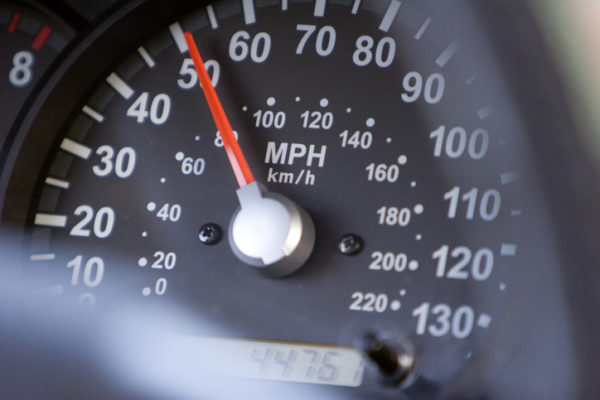
Avoid sudden starts and stops and observe the speed limit. Erratic acceleration and quick braking uses more fuel than driving in a smoother fashion. Plus, the wind resistance caused by driving fast costs you money. For every 5-mph you drive over the 60 mph mark, you add a dime to the price of every gallon of gas you buy.
2. Get Regular Tune-Ups

Keep the car as well-tuned as you possibly can. A poorly tuned engine can increase fuel consumption by up to 50 percent! Getting regular tune-ups, maintenance, and having clean air filters will help you burn less gas, pollute less, and prevent car trouble down the line. Using the right grade of oil for your car can also help ensure it runs smoothly in all types of weather.
3. Keep Your Tires Properly Inflated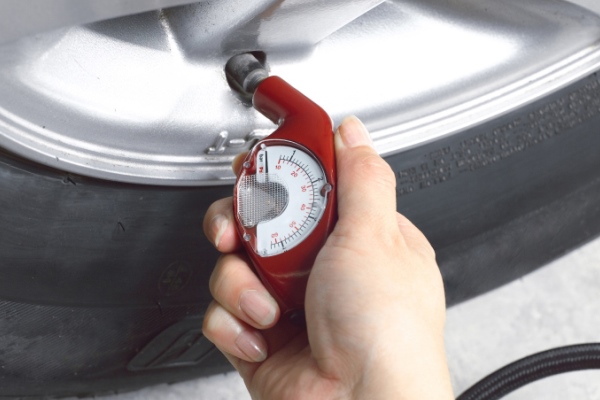
A phenomenal 36% of cars are driven with tires below the recommended psi (pounds per square inch). Check your tire pressure regularly with a tire gauge to make sure they’re in line with what your manufacturer recommends. If you drive on wheels that are under-inflated your car’s fuel efficiency will be reduced by up to 2 percent for each pound that the tires are under-inflated.
4. Cut Back On The A/C Use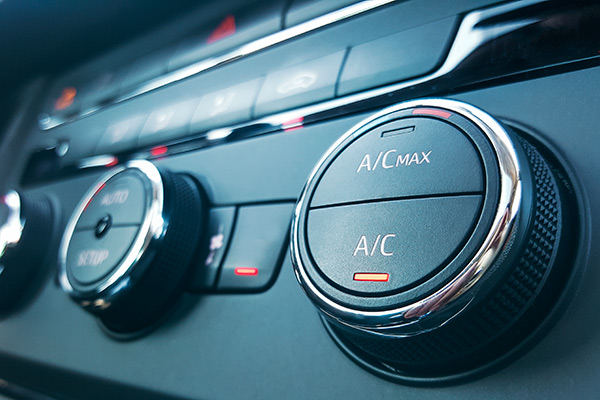
Stop using the A/C so much! Your vehicle’s air conditioner uses power generated by the engine, so only use it when necessary for short periods. Parking in the shade and using a reflective windshield shade will help keep your car cool on hot days. If your car is too hot to drive, simply roll down the windows and let it air-out before hitting the road. On the other hand, driving with your windows down reduces the aerodynamics of your car and increases fuel consumption, so on summer road trips try to strike a happy medium.
5. Get The Junk Out Of Your Trunk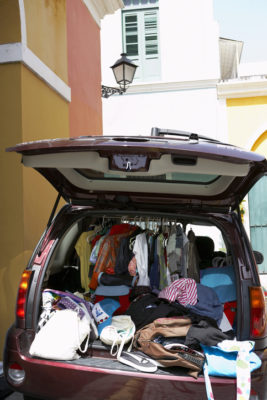
Avoid carrying extra weight in your car. Extra weight saps your fuel economy, so unless you’re planning on playing that day, leave those golf clubs at home.
Got a new car with less than 15,000 miles on it? Be sure to add Mechanical Breakdown Insurance (MBI) to your auto insurance policy to help cover mechanical problems when your new car warranty runs out.
Continue reading: How to Survive a Really Long Commute

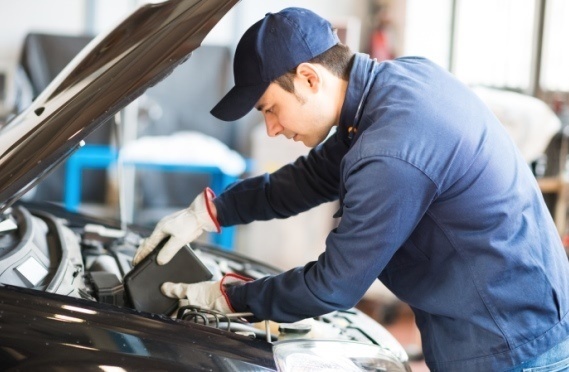


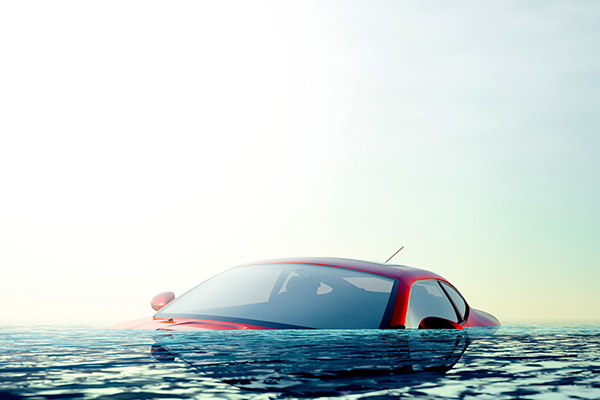

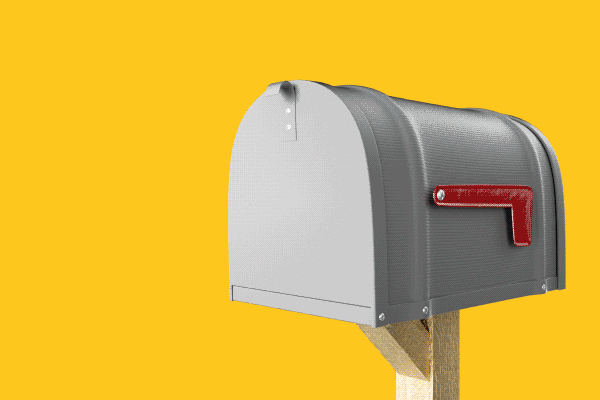

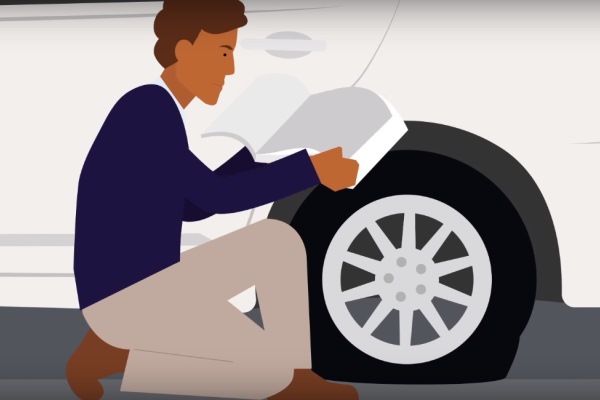
Some guy says,
Always change out your winter tire air in the spring with fresh spring air.
Jerome says,
Thank you GEICO for tips, I’ll pass it on to my friends.
Jay Worley says,
Also conserve fuel by turning off your engine and reducing idling time especially while using heaters or air conditioners. At today high fuel prices one will save gas and money, regardless of how fuel efficient their vehicle is. The cost of fuel far out steps the cost of starter replacement. This is a proven fact. . . AP
A Culture Mind says,
Oh please. This isn’t the 70s. Anything this side of 1992 (that’s not a Ford) should be just fine with the AC on and all. Elsewise, you take your chances. And aerodynamics with the windows down? It’s a car, not a jet. Worried about gas usage? Don’t drive!
Ricky P says,
Ha ha ha. Really funny. Agree completely with exception. When you are younger, it’s ok. However, when we are much older and having some health issues, it is not a good idea.
ErnestB says,
Good Job GEICO my Nissan just turned 220 thousand miles and runs like a champ. I change my oil and filter every 5 thousand miles and monitor other fluids as needed. As for going without AC in Arizona, it’s not an option. Thanks for the tips.
Robert says,
The good news is your Nissan has been going for 220k miles. The bad news is that you’ve had to drive a Nissan for 220k miles.
Phylis Bracewell says,
Thank for the info. I a 74 year old lady with a 1911 Silverado PU. I love my truck and try to take care of it regular. I just turned over 22,000 miles. I’m a die hard Chevy owner. I’m retired now, so I won’t be putting a lot of miles on it now. But I want to keep it in good condition. Thanks again.
Nash says,
My suburban hit 100,000 miles got spark plugs w new wires, new tires again, coolant, new belts, radiator flush, transmission flush w new oil, take care of your car and it will take care of you, investment better than buying a new car.
kathleen says,
Good idea GEICO, I really like the information way to go!
Jason says,
I never knew I would lose gas mileage riding on under inflated tires. I like to keep them low for a nice smooth ride., guess I shouldn’t do that no more.
lupie sifuentes says,
Very helpful tips especially for me being a woman…ty so much for them tips
William Valentine says,
It’s been 105° in Hpuston lately, my a/c is on max &fan on high!
rolland says,
I no all that, i have a 79 model, 84, 85, 86, 87, 89, 91, 92, and last my new 96. All in prime running order anyone will go cross country with no problems. My 84 is my daily driver.
Fred cafora says,
Excellent new update!!
Jamarcus Dantley says,
I had no idea that there was such a long commute for so many people. It seems like a really good idea to make sure your tires are in tip top shape for things like that. I didn’t know you could lose so much fuel efficiency with under-inflated tires. I’ll be sure to check mine more regularly!
Mechanic Man says,
Plus under-inflated tires don’t perform as well, there is less traction equaling higher possibility for a wreck.
Brad says,
Great article!